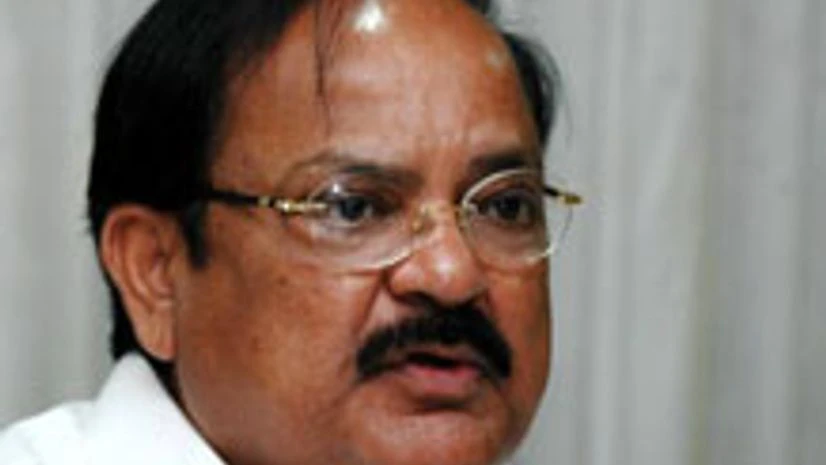Parliamentary Affairs Minister M. Venkaiah Naidu on Wednesday said that former Prime Minister Manmohan Singh should clarify whether he acted under pressure or not on the allegations of "improper compromises" made by three former chief justices of India when the UPA was in power.
"Former Prime Minister must come out and clarify whether he acted under pressure or not, this will enhance the image of judiciary," Naidu told ANI.
"The issue that came out after the revelation of former chief justice is worrying.This shows the working of the previous government. The then prime minister's silence is an indication there is something to hide," Naidu said.
"He should come out and make a categorical statement what exact has happened.
Whether he was working under some kind of pressure, all these things, people of India has right to know. It will enhance the image of judiciary. It will also help in maintaining the trust of people," he added.
Breaking his silence on former Supreme Court judge Justice Markandey Katju had made claims of corruption in the judiciary, on which Manmohan Singh on Tuesday said that former law minister H R Bhardwaj has already spoken on the issue.
More From This Section
"The then law minister H. R. Bhardwaj has explained everything. I have nothing more to add," Dr. Singh told a television channel on Tuesday.
Press Council of India chairman Justice Markandey Katju alleged that the previous UPA Government had extended the tenure of a corrupt additional judge of the Madras High Court due to stay in power as its key ally from Tamil Nadu had threatened to withdraw support.
On Tuesday, there was uproar in the Parliament over Katju's allegation of corruption existing in the judiciary.
The government backed Justice Katju's claims and also pointed fingers at the previous UPA government.
Speaking in Parliament yesterday, Law Minister Ravi Shankar Prasad said that the PMO, during the UPA rule, had asked the Supreme Court collegium as to why it had not recommended extension for a Madras High Court judge.
Giving details of the controversial case, in which extension was given to an Additional Judge of the Madras High Court, he said, in 2003, the Supreme Court collegium had made some enquiries and decided that the case of this judge should not be taken up.
But later, during the UPA rule, a clarification was sought by the PMO as to why he should not be recommended.
Prasad said, this is a sensitive issue and the government was quite keen to appoint a National Judicial Commission for making such appointments.

)
